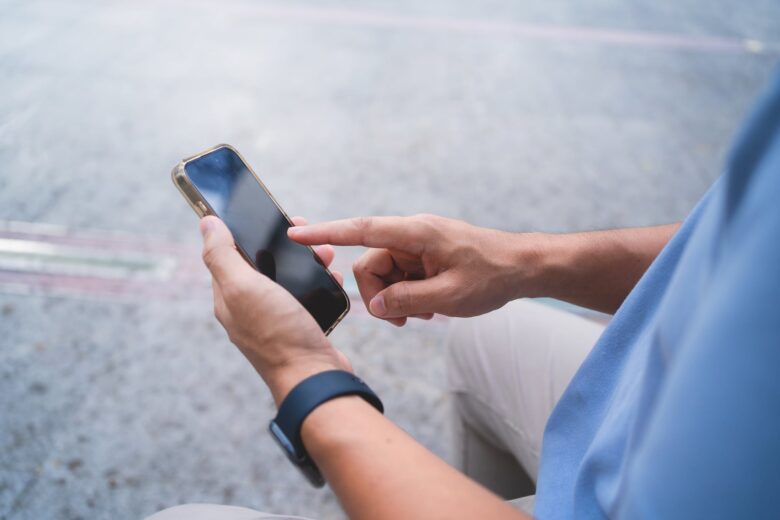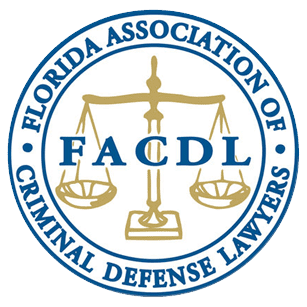
In today’s world, social media is part of everyday life. We use it to share updates, connect with friends, and post photos. But while it might seem harmless, what you post online can have serious consequences—especially if you’re involved in a criminal case.
One big question many people ask is: Can social media be used against me in court? The answer is yes. In Florida and across the country, courts are increasingly allowing social media posts to be used as evidence in criminal cases.
In this blog, we’ll explain how social media can hurt your defense, what the law says about it, how a lawyer can help, and what you can do to protect yourself online.
How Social Media Can Be Used Against You
Many people assume that if their profile is private, it’s protected from law enforcement. But courts often say that if you share content online—even with a small group—you may not have a strong expectation of privacy.
Several types of social media posts and data could be used against you, such as:
Public Posts and Photos
Anything you post publicly—like photos, videos, or status updates—can be used as evidence in a criminal case. Even if your post seems like a joke or an exaggeration, prosecutors might argue that it shows intent, motive, or even a confession.
For example, if someone posts a photo holding a firearm and is later charged with illegal gun possession, that photo could be used in court.
Tagged Content and Friend Posts
It’s not just your own posts that matter. If someone tags you in a photo or comments about you doing something illegal, that can also be used. Even if you didn’t post it yourself, it can still show up in court as evidence.
Location and Metadata
Many posts include location data—like where you were when you posted it. This can place you at a crime scene or contradict your alibi. Timestamps and location tags can sometimes speak louder than words.
Private Messages
Even if your messages are set to “private,” they can still be used as evidence if law enforcement gets a warrant or subpoena. Courts have ruled that private messages on platforms like Facebook or Instagram can be obtained during investigations if there’s a good reason.
Florida Law on Social Media Evidence
To be used in court, social media evidence must meet the same legal standards as any other evidence. That means it must be relevant to the case and authentic; it must be proven that you created the post).
How to Avoid Incriminating Yourself on Social Media
Here are a few smart tips to help you stay out of trouble online:
- Don’t talk about your case online. Even vague posts can be taken the wrong way.
- Avoid sharing photos that might be misunderstood. Pictures of weapons, illegal drugs, or partying can easily be misused in court.
- Watch your comments and reactions. Commenting or reacting to someone else’s illegal behavior can still be used as evidence.
- Be careful with tagging. Ask friends not to tag you in questionable content.
If you’re facing charges, it’s best to stop using social media altogether until your case is resolved.
How a Criminal Defense Lawyer Can Help
While social media can be powerful in court, it’s not always reliable. Posts must be properly authenticated, meaning the prosecution has to prove who actually created the content—and that’s not always easy. Accounts can be hacked, shared, or faked, and screenshots can be altered.
Even when content is real, it can be taken out of context or misunderstood, such as jokes being interpreted as threats. These issues give defense attorneys room to challenge the evidence and raise reasonable doubt.
A skilled criminal defense attorney can make a big difference if social media is part of your case. Here’s how:
Advising You on What to Do
Your lawyer can tell you what to delete, what to avoid posting, and how to protect yourself from making your case worse.
Challenging Social Media Evidence
If police got the evidence without following the right legal steps, your lawyer can try to get it thrown out. They can also argue that the post doesn’t prove what the prosecution says it does—especially if the content is vague or taken out of context.
Using Social Media to Your Advantage
Sometimes, social media can help your case. Maybe you posted a photo that shows you were somewhere else at the time of the crime, or there are messages that support your side of the story.
Contact Valcarcel Law Today
If you’re facing criminal charges in Florida, it’s important to be smart about your online activity and to talk with an experienced criminal defense lawyer. They can help protect your rights, challenge any improper use of digital evidence, and guide you through every step of your defense.
Need help? Contact Valcarcel Law today or call 941-363-7900 to schedule a confidential consultation.
View All Blogs


